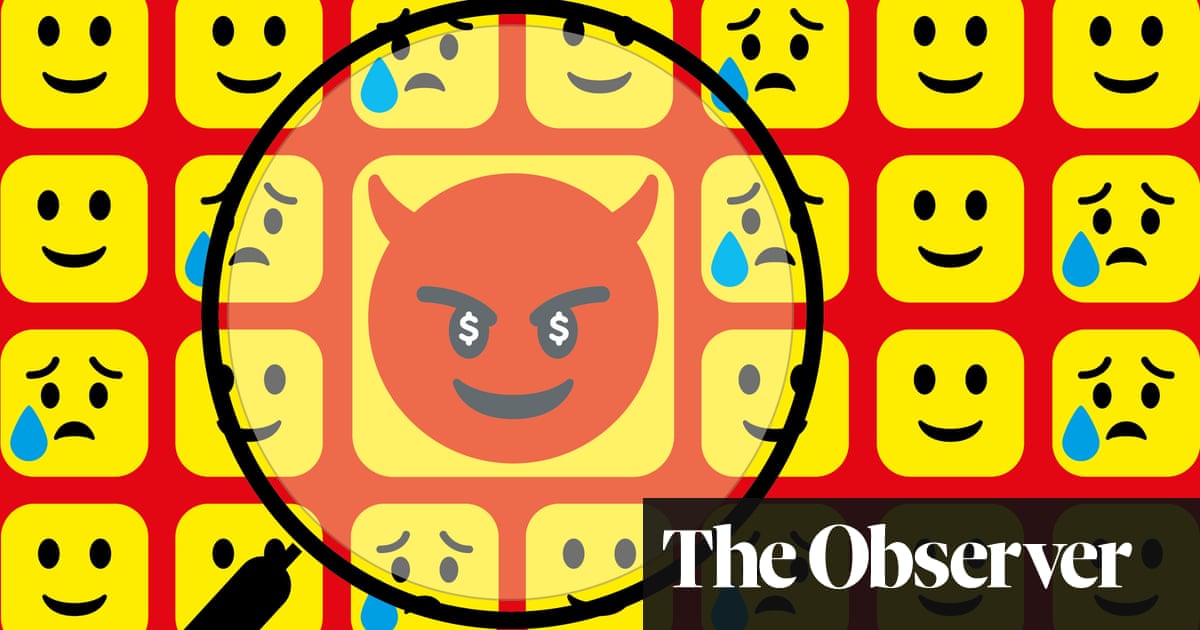As experts worry over privacy issues, ineffectiveness and even harm, the UK is looking at whether the plethora of digital mental health tools need regulating
“What if I told you one of the strongest choices you could make was the choice to ask for help?” says a young, twentysomething woman in a red sweater, before recommending that viewers seek out counselling. This advert, promoted on Instagram and other social media platforms, is just one of many campaigns created by the California-based company BetterHelp, which offers to connect users with online therapists.
The need for sophisticated digital alternatives to conventional face-to-face therapy has been well established in recent years. If we go by the latest data for NHS talking therapy services, 1.76 million people were referred for treatment in 2022-23, while 1.22 million actually started working with a therapist in person. Continue reading...
http://dlvr.it/T2R4m9
‘They thought they were doing good but it made people worse’: why mental health apps are under scrutiny
February 07, 2024
0


